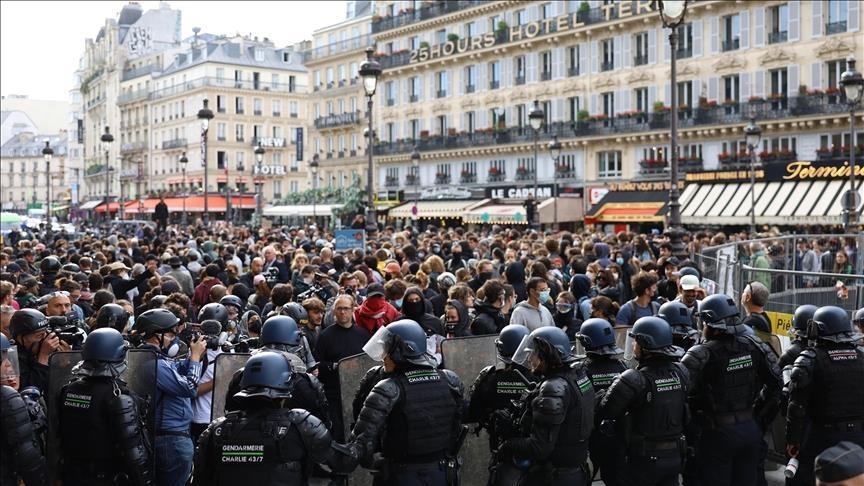France Prepares for Nationwide Strike Amid Budget Crisis and Political Turmoil
France is bracing for a massive nationwide strike on September 18, 2025, as unions and protest movements mobilize against sweeping budget cuts amid deepening political instability.

France is set for a day of widespread disruption on September 18, 2025, as unions and protest movements stage a nationwide strike in response to the government’s proposed 2026 budget, which includes €43.8 billion in spending cuts. The strike, called by all major union confederations and grassroots groups like the 'Bloquons tout' movement, is expected to be one of the largest social mobilizations in recent years, with authorities preparing for up to 800,000 protesters across the country.
Political Crisis and Budget Showdown
The strike comes at a moment of acute political turmoil. President Emmanuel Macron’s government has cycled through four prime ministers in a year, with the latest, Sébastien Lecornu, facing a deeply fragmented parliament and mounting public anger. Lecornu has attempted to ease tensions by scrapping controversial proposals such as the removal of two public holidays and trimming lifetime benefits for former ministers, but unions and opposition parties remain unconvinced. The government’s austerity drive, prompted by a ballooning deficit and a recent credit rating downgrade, has sparked fierce resistance from both the left and right, with the Socialists demanding new taxes on the wealthy and conservatives rejecting any tax hikes.
Strike Impact: Transport, Schools, and Public Services
The September 18 strike is expected to paralyze much of the country. Major disruptions are forecast for the SNCF rail network, Paris metro and buses, and regional TER trains, with up to 80% of metro lines in the capital affected. Schools will see significant closures, as up to 45% of teachers are expected to walk out, forcing parents to make alternative arrangements. Hospitals, pharmacies, and other public services are also bracing for staff shortages. While the main air traffic controllers’ union has postponed its strike, other unions are maintaining their mobilization, and airports may still see delays.
Security Fears and Protest Dynamics
Authorities are preparing for a volatile day, with outgoing Interior Minister Bruno Retailleau warning of possible violence and sabotage by extremist groups. The government has deployed 80,000 police and gendarmes nationwide, supported by drones, armored vehicles, and water cannons. The day is expected to begin with blockades and targeted actions, particularly in the Paris region, followed by traditional union-led marches. The 'Bloquons tout' movement, which emerged on social media in response to the budget cuts, is planning further blockades of key infrastructure, including the Paris ring road and major highways.
The main demonstration in Paris will start at Place de la Bastille and proceed to Place de la Nation, with authorities expecting between 30,000 and 60,000 participants in the capital alone. Across France, more than 250 rallies have been declared, reflecting the breadth of opposition to the government’s fiscal plans.
Public Sentiment and Outlook
The strike underscores deep public dissatisfaction with the government’s handling of the economy and social policy. Polls indicate that French voters are increasingly pessimistic about their purchasing power and the future of the country’s social model. The outcome of Thursday’s mobilization will be a critical test for Prime Minister Lecornu’s fragile government, as it seeks to pass a contentious budget and avoid further political upheaval.
Sources
-
Travel France Bucket List SNCF Strike & France Train Strike Dates September...
-
Arab News France's new prime minister faces a bumpy ride wit...
-
Sortir à Paris September 18 strike: locations of demonstrations a...
-
FRANCE 24 English France's new prime minister faces a bumpy ride wit...
-
Wikipedia Bloquons tout - Wikipedia
-
Brussels Signal French minister warns of violence as nationwide st...
-
France 24 Disruptions to transport and tourist sites: What t...
-
Le Monde Strikes in France on September 18: What to expect...